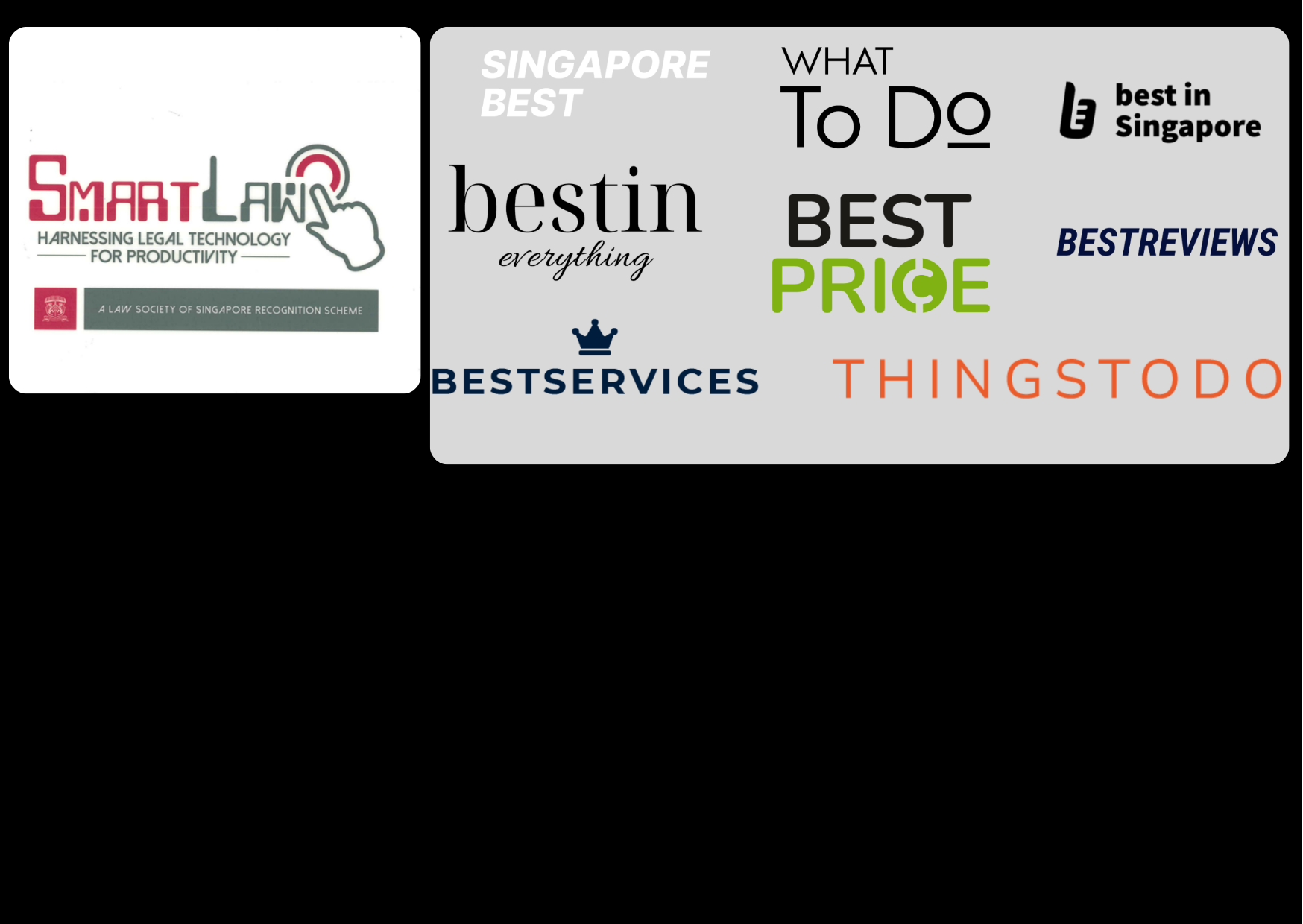By DLLC – Law Firm in Singapore
Business fraud is a significant issue affecting companies worldwide, including those in Singapore. The repercussions of fraud are extensive, impacting financial stability, corporate reputation, and stakeholder trust. DLLC, with its expertise in criminal defense, offers invaluable insights into addressing the legal challenges of business fraud and provides solutions for effective management and resolution.
Types of Business Fraud
Understanding the different forms of business fraud is the first step in combating it effectively. Here are some of the most common types:
1. Financial Statement Fraud
This involves the intentional manipulation of financial records to present a false picture of a company’s financial health. According to the Association of Certified Fraud Examiners (ACFE), financial statement fraud is the costliest type of occupational fraud, accounting for over 2,500 cases of fraud occurring in 125 countries, causing a median loss of $954,000 per case. It provides a comprehensive overview of the impact and methods of fraud on organizations worldwide.
2. Asset Misappropriation
Asset misappropriation occurs when employees steal or misuse the company’s resources. It is the most common type of fraud, representing 86% of cases and resulting in a median loss of $100,000 per incident.
3. Corruption
Corruption involves unethical practices such as bribery, extortion, and conflicts of interest. According to the “2020 Report to the Nations: Government Edition” by ACFE, in large government organizations with over 100 employees, corruption is the most prevalent fraud scheme, accounting for 53% of cases. Among the 36 cases analyzed in the Asia-Pacific region, the median loss due to corruption was $173,000 per incident. The report highlights the significant prevalence and impact of corrupt practices such as bribery and conflicts of interest within organizations across the region.
4. Vendor Fraud
Vendor fraud includes schemes involving kickbacks, overbilling, and delivery of inferior goods. This can severely impact a company’s profitability and operational efficiency.
Role of Regulatory Bodies and Legislation
In Singapore, several regulatory bodies play a crucial role in combating business fraud. The Monetary Authority of Singapore (MAS) and the Commercial Affairs Department (CAD) are key agencies in investigating and prosecuting financial crimes. The Penal Code and the Corruption, Drug Trafficking and Other Serious Crimes (Confiscation of Benefits) Act provide the legal framework for addressing fraud.
Legal Challenges in Business Fraud Cases
Addressing business fraud legally involves several challenges:
Proving Intent and Guilt
Proving fraud requires demonstrating the perpetrator’s intent to deceive, which can be difficult as the Court requires a high degree of certainty or sureness to be shown for deceit. Unlike other crimes, fraud often involves sophisticated schemes that obscure the perpetrator’s actions.
Complex Evidence
Fraud cases typically involve intricate financial transactions and extensive documentation. Forensic accountants and financial experts are often necessary to analyze and present the evidence effectively.
Cross-Jurisdictional Issues
With globalization, many fraud cases span multiple jurisdictions, complicating legal proceedings. Coordinating across different legal systems and regulatory environments is a significant challenge.
Steps in Fraud Litigation
Successfully handling business fraud involves several critical steps:
1. Investigation
A thorough investigation is essential to uncover the extent of the fraud. This often requires forensic accountants and legal experts to trace financial transactions and gather evidence.
2. Legal Action
Once sufficient evidence is gathered, legal action must be initiated. This can involve filing civil lawsuits or working with regulatory bodies to bring criminal charges.
3. Recovery of Assets
Recovering misappropriated assets is crucial. This may involve civil actions to seize assets and working with law enforcement to freeze bank accounts and other properties.
4. Preventive Measures
Implementing robust internal controls and compliance programs can prevent future fraud. Regular audits, employee training, and whistleblower policies are essential components of an effective prevention strategy.
Importance of Skilled Legal Counsel
Navigating the complexities of business fraud cases requires skilled advisors. Experienced accountant, internal auditors and lawyers can provide invaluable assistance in investigating fraud, gathering evidence, and representing the company in legal proceedings. DLLC, with its team of knowledgeable lawyers, legal executives, and assistants, offers expert legal services to help businesses effectively manage and resolve fraud cases.
Handling business fraud cases involves navigating numerous legal challenges and requires a strategic approach. By understanding the types of fraud, the steps involved in litigation, and the importance of preventive measures, businesses can better protect themselves from fraudulent activities. Regulatory bodies and skilled teams, such as the team at DLLC, play a crucial role in ensuring that businesses can effectively address and overcome fraud challenges.
For more information on how DLLC can assist in handling business fraud cases, visit DLLC Legal.







